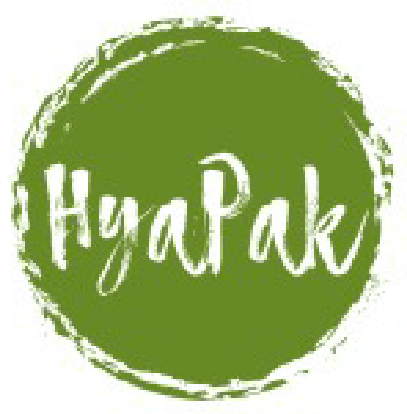Welcome to the SDG Awards, a distinguished recognition program honoring the remarkable contributions of individuals, organizations, and initiatives in championing the United Nations’ 17 Sustainable Development Goals (SDGs).

Eco-Friendly Packaging: Offer sustainable packaging options that reduce the environmental impact, focusing on recyclable and biodegradable materials to minimize waste.